Table of Contents
This is for aspiring Data-scientists. After completing this course, start applying for jobs, doing contract work, start your own data science consulting group, or just keep on learning.
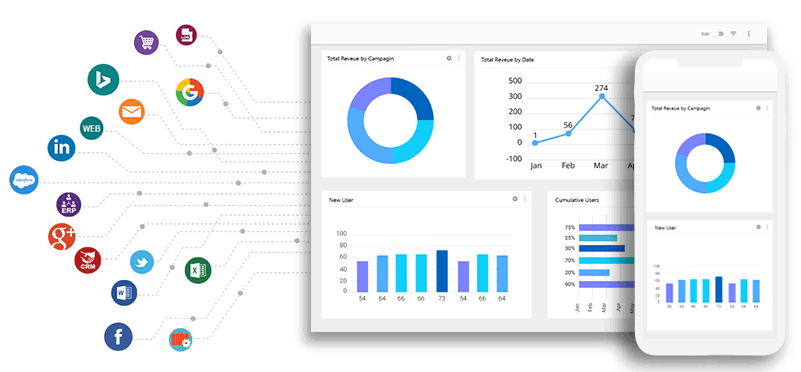
Remember to believe in your ability to learn. You can learn data science, you will learn data science, and if you stick to it, eventually you will master it.
Month 1: Data Science
Week 1: Introduction to Data Science
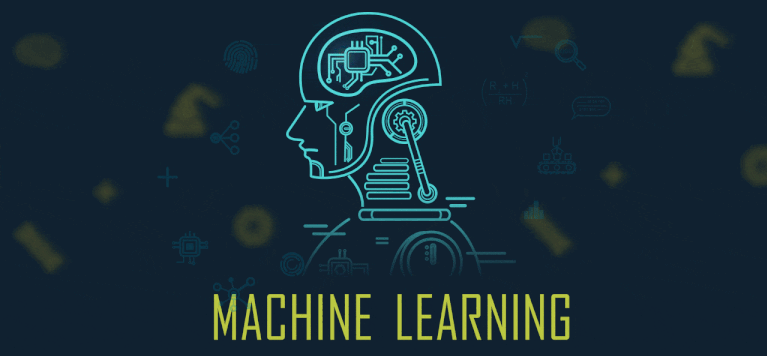
- Explore a variety of datasets, posing and answering your own questions about each. You’ll be using the Python libraries NumPy, Pandas, and Matplotlib. Learn
- Python for Data-science course by EDX Microsoft. Learn
Week 2: Statistics and Probability

- Khan Academy provides online learning courses for free Learn
- Get ready to analyze, visualize, and interpret data! Thought-provoking examples and chances to combine statistics and programming will keep you engaged and challenged. Learn
Week 3: Data Preprocessing, Data Visualization, Exploratory Data Analysis
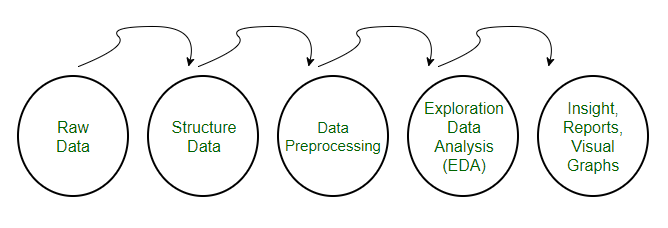
- A hands-on introduction to basic programming principles and practices relevant to modern data analysis, data mining, and machine learning. Learn
- It aims to provide students with an understanding of the role computation can play in solving problems and to help students, regardless of their major, feel justifiably confident in their ability to write small programs that allow them to accomplish useful goals. The class uses the Python 3.5 programming language. Learn
Week 4: Open source projects on google
- Try some competition at Kaggle of your interest
- Use Kaggle to learn a very helpful guide for data science projects
Month 2: Machine learning
Maths of machine learning cheat sheet

Week 1-2: Algorithm and Machine learning
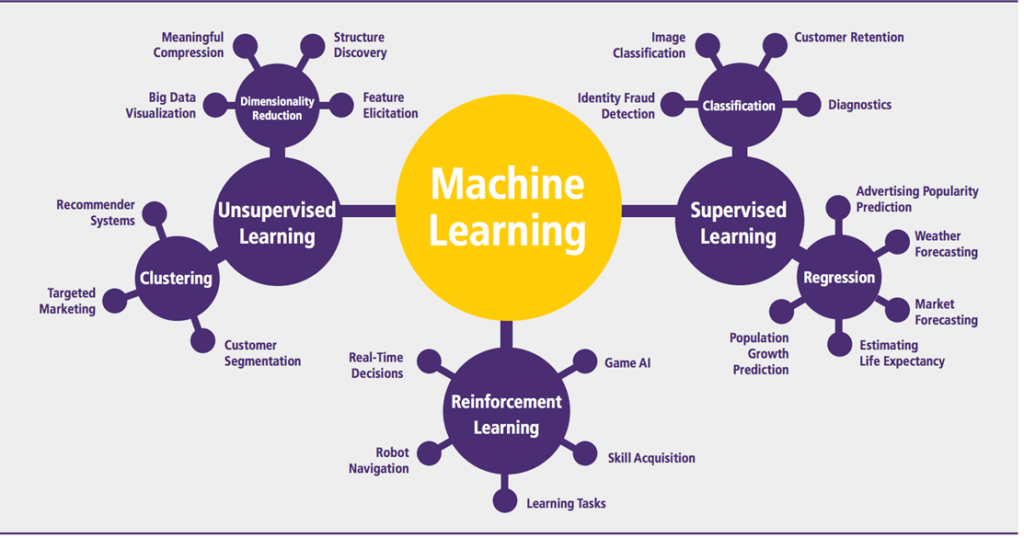
- This is a self-paced course, which allows you to progress through the course at your own speed. All course materials, including lectures, assignments, and discussion questions are available at this time. Learn
- It aims to provide students with an understanding of the role computation can play in solving problems and to help students, regardless of their major, feel justifiably confident in their ability to write small programs that allow them to accomplish useful goals. Learn
Week 3: Deep Learning
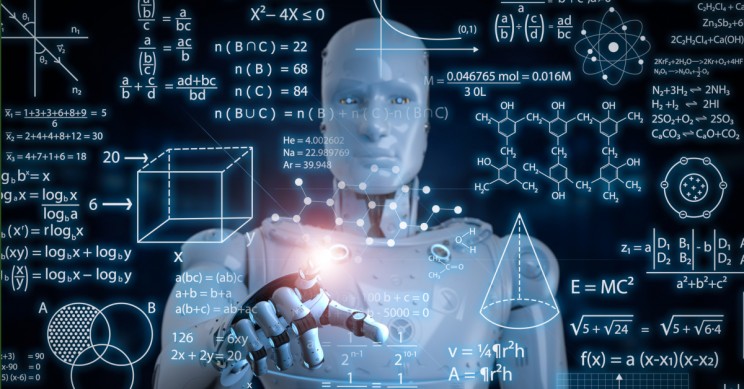
- The Deep Learning textbook is a resource intended to help students and practitioners enter the field of machine learning in general and deep learning in particular. The online version of the book is now complete and will remain available online for free. Learn
- Deep Learning is an important subfield of Artificial Intelligence (AI) that connects various topics like Machine Learning, Neural Networks, and Classification. The field has advanced significantly over the years due to the works of giants like Andrew Ng, Geoff Hinton, Yann LeCun, Adam Gibson, and Andrej Karpathy. Many companies have also invested heavily in Deep Learning and AI research – Google with DeepMind and its Driverless car, nVidia with CUDA and GPU computing, and recently Toyota with its new plan to allocate one billion dollars to AI research. Learn
Week 4: Kaggle Projects

Try your best competition of your choice from Kaggle . Make sure to add great documentation to your GitHub repository! Github is the new resume.
Month 3: Tools for Data Science
Week 1: Databases(SQL + NoSQL)
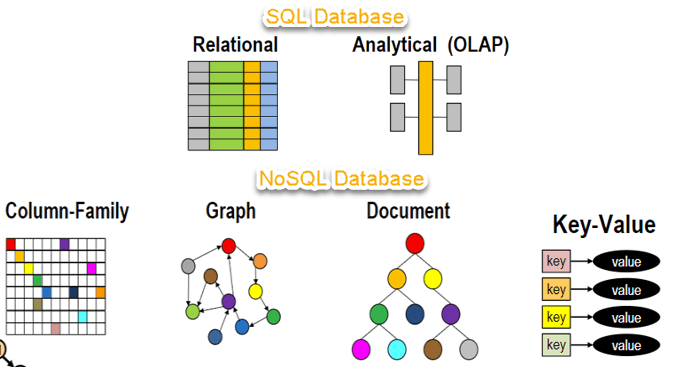
- This course is a quick, fun introduction to using a relational database from your code, using examples in Python. You’ll learn the basics of SQL (the Structured Query Language) and database design, as well as the Python API for connecting Python code to a database. You’ll also learn a bit about protecting your database-backed web apps from common security problems. Learn
- Learn the fundamentals of NoSQL and explore several non-relational data storage options in Microsoft Azure. Learn
Week 2: Hadoop & Map Reduce + Spark
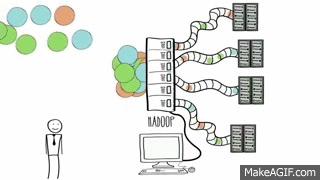
- The Apache™ Hadoop® project develops open-source software for reliable, scalable, distributed computing. Learn the fundamental principles behind it, and how you can use its power to make sense of your Big Data. Learn
- Spark workshop from stanford for free. Learn
Week 3: Data Storytelling
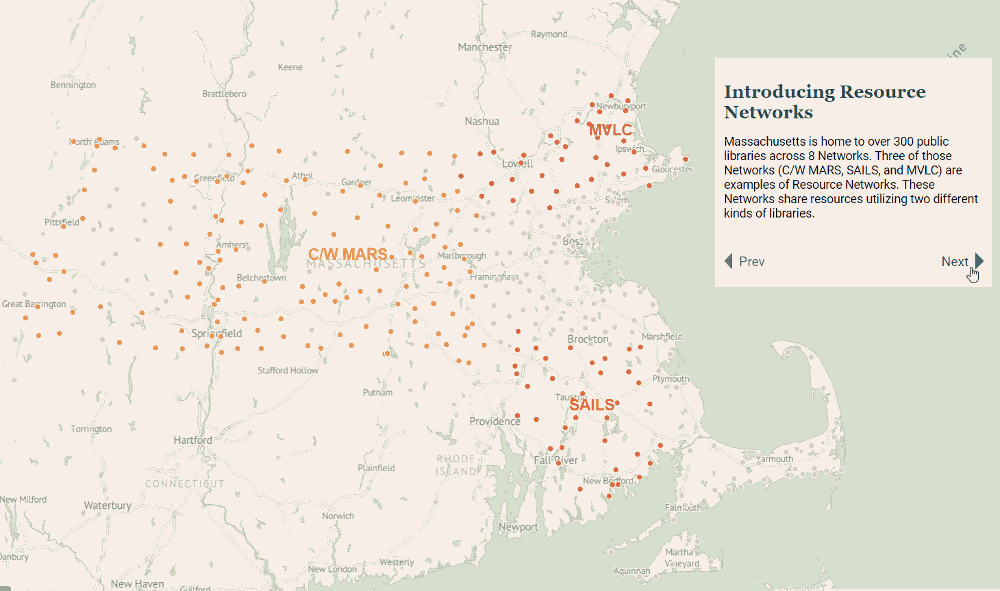
Learn the art and science of data storytelling and achieve greater analytics impact. Learn
Week 3: Practice project on Kaggle

Try your competition of personal interest on kaggle to excel in your skills

(Visited 43 times, 1 visits today)

Pingback: Self Paced Machine learning in 3 months Analytics Smart